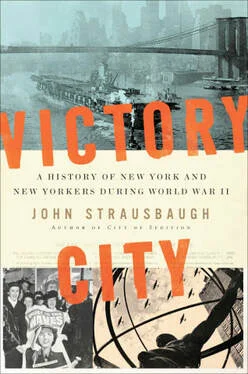Inclusive Archiving, Public Art, and Representation at the Hall of Fame for Great Americans
By Cynthia Tobar
The Hall of Fame for Great Americans, created in 1900, was the first monument of its kind that sought the active involvement of Americans in nominating their favorite "Great Americans.” The Hall was conceived of by Dr. Henry Mitchell MacCracken, Chancellor of New York University (NYU), who envisioned a democratic election process for selecting these greats modeled after presidential elections. Nominations came to the election center and after a person received a certain number of votes, an NYU Senate of 100 voters made the final choice. The Senate was composed of American leaders: past American presidents, presidents of colleges, senators, and men of renown in various fields. Problems soon arose, however, when this initial process yielded 29 nominees, all male. The lack of women created a scandal and in the next election eight women were elected (currently, there are 11 women in the Hall). However, the contentious nomination of Robert E. Lee remained.
Read More







